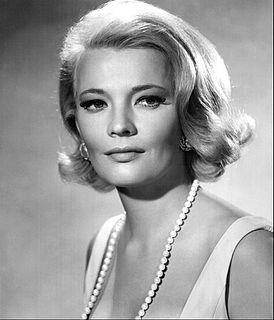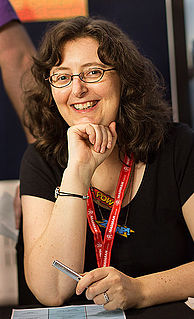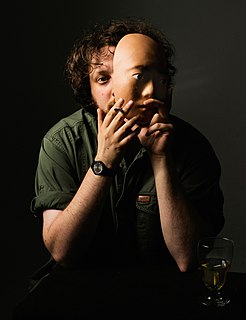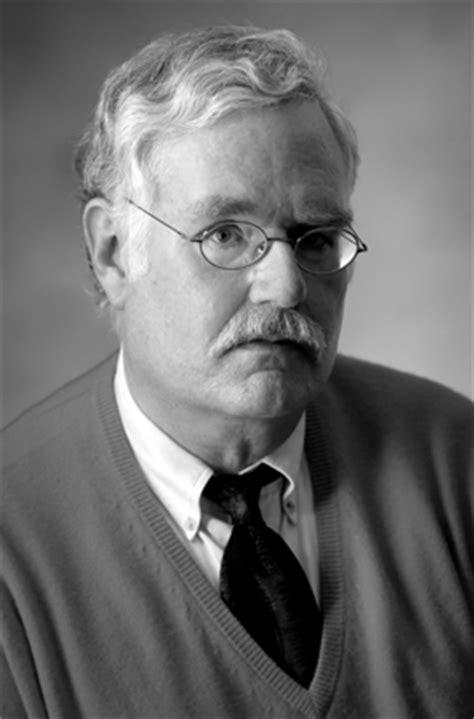A Quote by Karen Marie Moning
I began peering into the corners of the room, making sure all the shadows were cast by objects and obeying known laws of physics.
Related Quotes
John [Cassavetes] had shot a great deal of Shadows and I had to go fulfill my contract in California, so he and all the rest of the Shadows cast came out to California and they finished it off and he cut it. He turned the garage into an editing room and he was by then a director of Shadows. That's the only thing he'd directed. But, he loved it.
A scenario is suggested by which the universe and its laws could have arisen naturally from nothing. Current cosmology suggests that no laws of physics were violated in bringing the universe into existence. The laws of physics themselves are shown to correspond to what one would expect if the universe appeared from nothing. There is something rather than nothing because something is more stable.
Ever since I began working with toys, I have been intrigued with the idea that these seemingly benign objects could take on such incredible power and personality simply by the way they were photographed. I began to realize that by carefully selecting the depth of field and making it narrow, I could create a sense of movement and reality that was in fact not there
Pinball games were constrained by physical limitations, ultimately by the physical laws that govern the motion of a small metal ball. The video world knows no such bounds. Objects fly, spin, accelerate, change shape and color, disappear and reappear. Their behavior, like the behavior of anything created by a computer program, is limited only by the programmer's imagination. The objects in a video game are representations of objects. And a representation of a ball, unlike a real one, never need obey the laws of gravity unless its programmer wants it to.
The first rule of world-building is available physics, which basically means that if you want it to feel real, it has to follow the same rules as this world, from gravity to how human behaviour works. If you have a fantasy element that doesn't obey the laws of physics, make sure that it has a fantasy explanation.
The first rule of world-building is available physics, which basically means that if you want it to feel real, it has to follow the same rules as this world, from gravity to how human behaviour works. If you have a fantasy element that doesnt obey the laws of physics, make sure that it has a fantasy explanation.
When I began my career as a cosmologist some twenty years ago, I was a convinced atheist. I never in my wildest dreams imagined that one day I would be writing a book purporting to show that the central claims of Judeo-Christian theology are in fact true, that these claims are straightforward deductions of the laws of physics as we now understand them. I have been forced into these conclusions by the inexorable logic of my own special branch of physics.


































